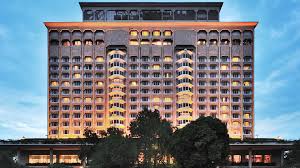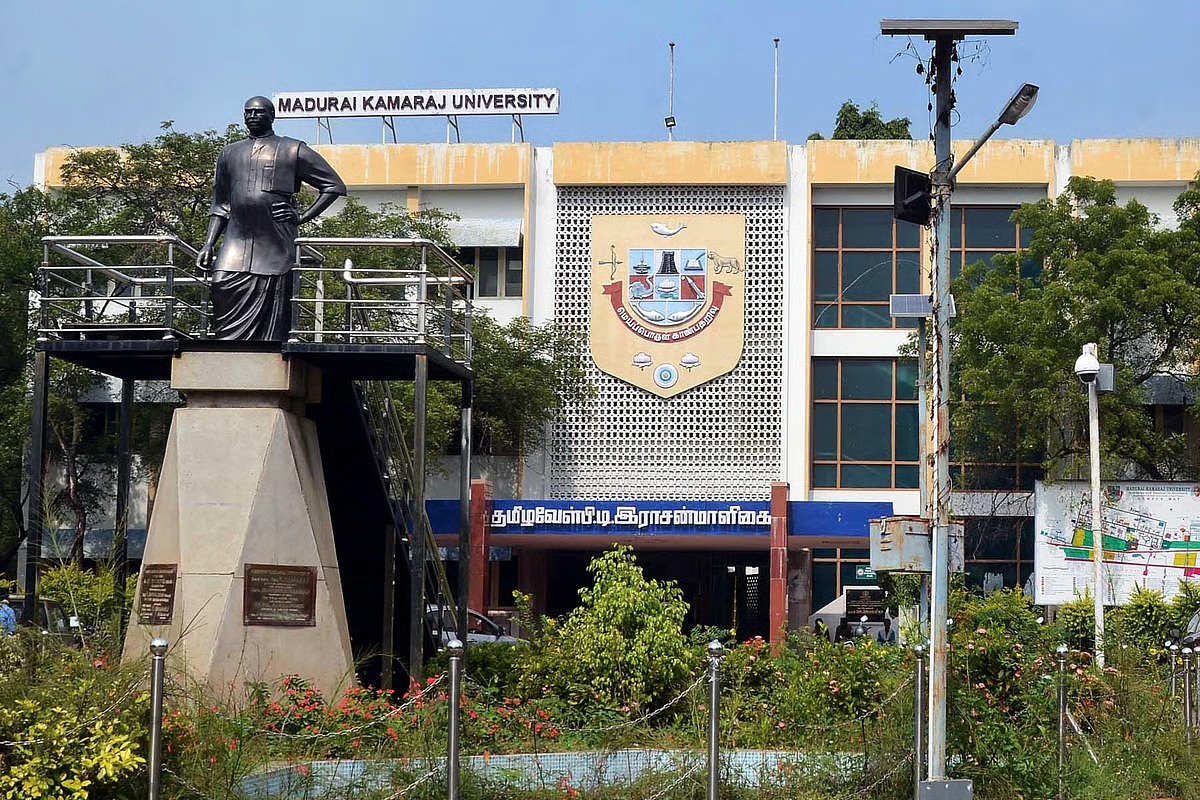S. Chandrashekha, J.@mdashThe petitioner has approached this Court challenging the penalty order dated 6.6.2001, the appellate order dated 26.9.2001 and the revisional order dated 24.7.2002. The brief facts of the case are that, on 2.1.2001 in contemplation of a departmental enquiry, the petitioner was put under suspension. A Charge Memo dated 19.1.2001 was served upon the petitioner on the allegation that on 31.12.2000 he had beaten one civilian namely, Indradeo Yadav and created nuisance in public. An enquiry was conducted and an enquiry report dated 7.5.2001 was submitted. The petitioner was issued a second show cause notice on 12.5.2001 alongwith the copy of the enquiry report and the petitioner submitted his reply to the second show cause notice on 23rd May, 2001. The disciplinary authority passed the order of removal from service on 6.6.2001. The petitioner preferred an appeal and the appellate authority rejected his appeal by order dated 26.9.2001. The revision preferred by the petitioner has also been dismissed by order dated 24.7.2002 and therefore, in these facts, the petitioner has approached this Court by filing the present writ petition.
2. A counter affidavit has been filed stating as under:--
6. That Ex-CISF No. 901170017 Ex. Const. P.K. Nishad (petitioner) white posted at Area No. IV of CISF Unit, BCCL, Dhanbad was placed under suspension w.e.f. 2.1.2001 as a disciplinary proceeding against him was contemplated and he was issued with a charge memorandum under the then Rule 34 of CISF Rules, 1969 vide letter No. V-15014/(iii)/Disc/Adm. III/2001/300 dated 19.1.2001 (as contained in Annexure-2 of the writ petition) for the charges:--
(i) Petitioner on 31.12.2000 at 1350 Hrs. assaulted one Indradeo Yadav, a civilian;
(ii) On 31.12.2000 at about 10 a.m. came from A.P.C. to Sijua Hqrs. for drawing salary and consumed alcohol and in a drunken state created nuisance in public; and
(iii) Petitioner was earlier also punished for taking alcohol but in spite of that he did not mend himself.
The aforesaid charge memorandum was served upon the petitioner on 23.1.2001 and he was directed to submit his written defence statement against the charge memorandum within ten days of receipt of the same.
7. That as the petitioner did not submit written defence statement within the stipulated period, Shri Sharad Kumar, Asstt. Commandant was detailed as Enquiry Officer vide order dated 16/17.2.2001 to enquire into the charges.
8. That Enquiry Officer, during the Departmental Enquiry, recorded the statements of six PWs and one CW in presence of the petitioner and the petitioner was given ample opportunity to produce his defence witness and defence documents. But the petitioner did not produce any defence witness or documents in his defence. The defence statements of the petitioner was recorded by the Enquiry Officer.
9. That on completion of the departmental enquiry, the Enquiry Officer submitted the enquiry report to the Disciplinary Authority holding all the charges proved. A copy of the enquiry report was supplied to the petitioner vide letter dated 12.5.2001 giving him the opportunity to submit his representation against the Enquiry Officer''s report/if any, within a period of 15 days from the date of receipt of the same which he submitted on 25th May, 2001.
10. That thereafter, the Disciplinary Authority taking all evidences & records into consideration, passed the final order imposing the penalty of "Removal from service" vide his final order No. V-15014(iii)/Disc/Ad. III/2001/2112-A dated 6.6.2001 (Annexure-4 to the writ petition).
3. Heard the counsel appearing for the parties and perused the documents on record.
4. The learned counsel appearing for the petitioner has raised a contention that since the misconduct as alleged against the petitioner has been committed outside the official premises and at the time of the alleged occurrence the petitioner was not even in uniform and therefore, the misconduct as alleged against the petitioner would not constitute misconduct under Sections 8, 10 and 18 of the C.I.S.F. Act. He has further submitted that there is no eye witness to the alleged occurrence and none of the witnesses examined during the departmental enquiry has stated that the petitioner assaulted the complainant, Indradeo Yadav. He has further contended that one of the charges which has been framed against the petitioner is with respect to the past misconduct for which has already been punished and therefore, such a charge could not have been framed against the petitioner.
5. As against the above, the learned counsel appearing for the respondents has submitted that the petitioner is a habitual offender who has been found in intoxicating state at least on two occasions and previously for such a misconduct he has been punished and therefore, a specific charge being Charge No. 3 was framed against the petitioner vide Memo dated 19.1.2001. On a consideration of materials on record, the disciplinary authority inflicted the punishment of removal from service which has been affirmed by the appellate authority as well as the revisional authority and therefore, the writ petition is liable to be dismissed.
6. A perusal of the documents on record, particularly the enquiry report would disclose that as many as 6 witnesses were examined by the department in support of the charges framed against the petitioner. One witness has been examined as the Court Witness. The witness No. 1 has stated that he was informed by Head Constable N. Upadhyay that the petitioner had assaulted the complainant, Indradeo Yadav. The witness namely, N. Upadhyay who was examined as P.W. 2 has stated during the departmental enquiry that he has seen the petitioner holding the civilian by collar and pulling him. Similarly, other witnesses have also stated during the departmental enquiry that the petitioner was holding the neck of the complainant. The enquiry officer has recorded a finding that the charges against the petitioner stood proved. The petitioner took a defence that the complainant had been asking money from the petitioner and when the petitioner asked him to come latter on, he started quarreling with the petitioner and during the quarrel the complainant fell on the ground.
7. So far as the contention raised by the learned counsel appearing for the petitioner that this case is a case of ''no evidence'' is concerned, in view of the materials on record, I am not inclined to accept such contention of the learned counsel appearing for the petitioner.
8. The materials on record would indicate that the medical officer who examined the petitioner was not produced as witness during the departmental enquiry. Further, the extent of injury upon the complainant namely, Indradeo Yadav has also not been brought on record by the department. It was open to the department to bring on record and to prove the medical report by examining the medical officer who had examined the complainant. The evidence against the petitioner is that the medical officer has recorded that on physical examination he found some smell of liquor from the petitioner however, the said medical officer has not been examined by the department. Therefore, I am of the opinion that the second charge which relates to consuming liquor and causing nuisance in public cannot be said to be proved against the petitioner.
9. In so far as the contention raised by the learned counsel for the petitioner that the 3rd charge which relates to previous misconduct for which the petitioner has already been punished could not have been framed is concerned, it has been held by the Hon''ble Supreme Court in
34. The courts below and the statutory authorities failed to appreciate that if the disciplinary authority wants to consider the past conduct of the employee in imposing a punishment, the delinquent is entitled to notice thereof and generally the charge-sheet should contain such an article or at least he should be informed of the same at the stage of the show cause notice, before imposing the punishment.
10. The learned counsel appearing for the petitioner would next contend that the punishment awarded to the petitioner is definitely disproportionate to the charge framed and found proved against the petitioner. I find that the evidence which has been brought on record by the department during the departmental enquiry would at best establish that there was a quarrel between the petitioner and the complainant. There is nothing on record to establish that the petitioner was in inebriated condition and he had assaulted the complainant, as the medical report has not been brought on record. For the previous misconduct the petitioner was awarded a minor penalty only.
11. In
Judicial review generally speaking, is not directed against a decision, but is directed against the "decision making process". The question of the choice and quantum of punishment is within the jurisdiction and discretion of the court-martial. But the sentence has to suit the offence and the offender. It should not be vindictive or unduly harsh. It should not be so disproportionate to the offence as to shock the conscience and amount in itself to conclusive evidence of bias. The doctrine of proportionality, as part of the concept of judicial review, would ensure that even an aspect which is, otherwise, within the exclusive province of the court-martial, if the decision of the court even as to sentence is an outrageous defiance of logic, then the sentence would not be immune from correction. Irrationality and perversity are recognised grounds of judicial review.
12. In
13. In view of the settled law and the facts as appearing from the record of the case, I find that, for the misconduct which can be said to be proved against the petitioner, that is, quarreling with the civilian namely, Indradeo Yadav, the punishment of removal from service is definitely excessive and disproportionate to the charge framed against the petitioner. Charge No. 2, in so far as it relates to consuming liquor and creating nuisance in public, is not proved against the petitioner and for the previous incident of misconduct, the petitioner was given minor punishment only and the Charge No. 1 cannot be said to be of gravest nature.
14. In view of the aforesaid, the impugned orders dated 6.6.2001, 26.9.2001 and 24.7.2002 are quashed and the matter is remitted back to the disciplinary authority for a fresh consideration of the matter for awarding suitable punishment to the petitioner, within a period of 12 weeks from the date of production of the copy of this order. The present writ petition is allowed with the aforesaid directions.

